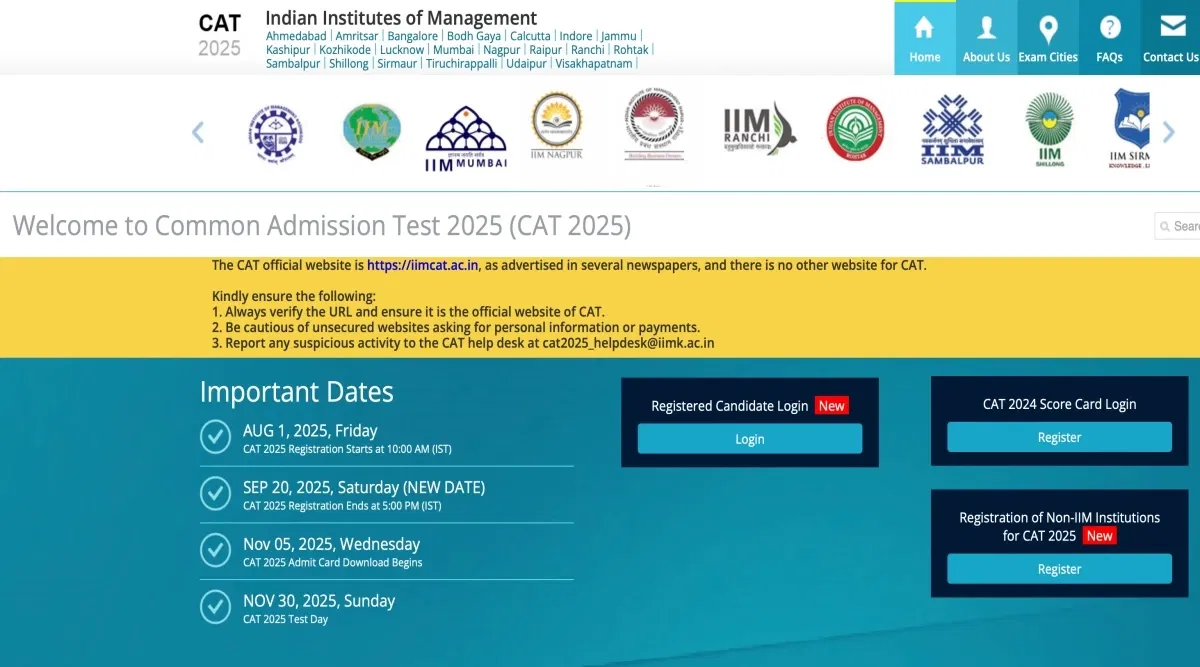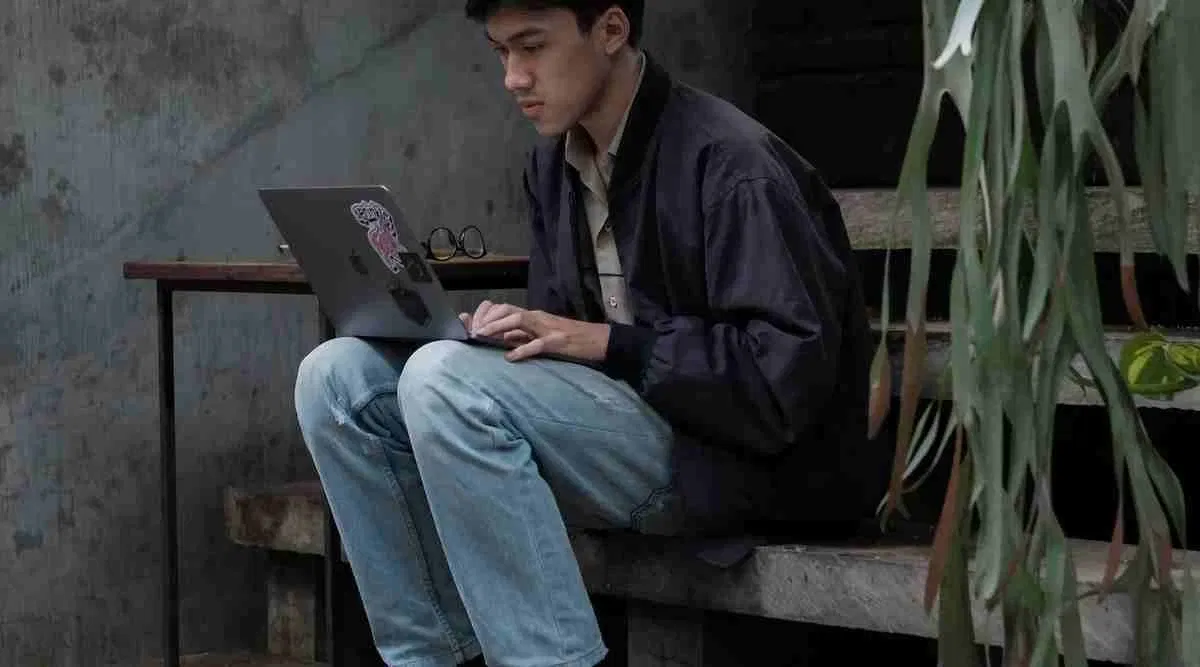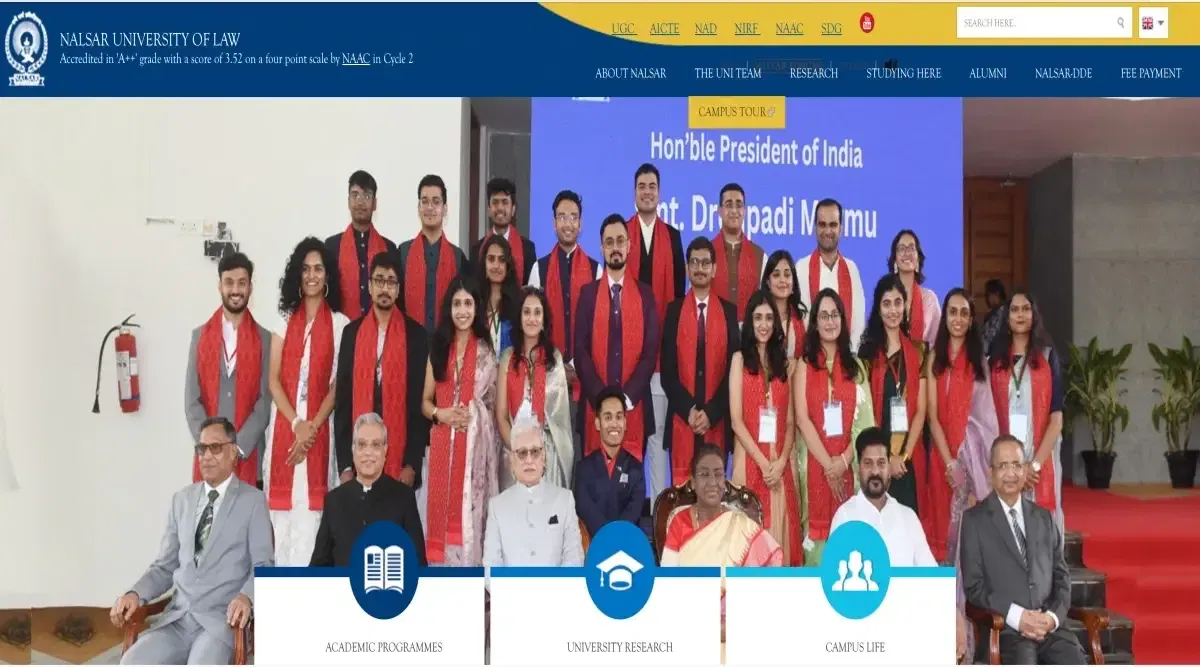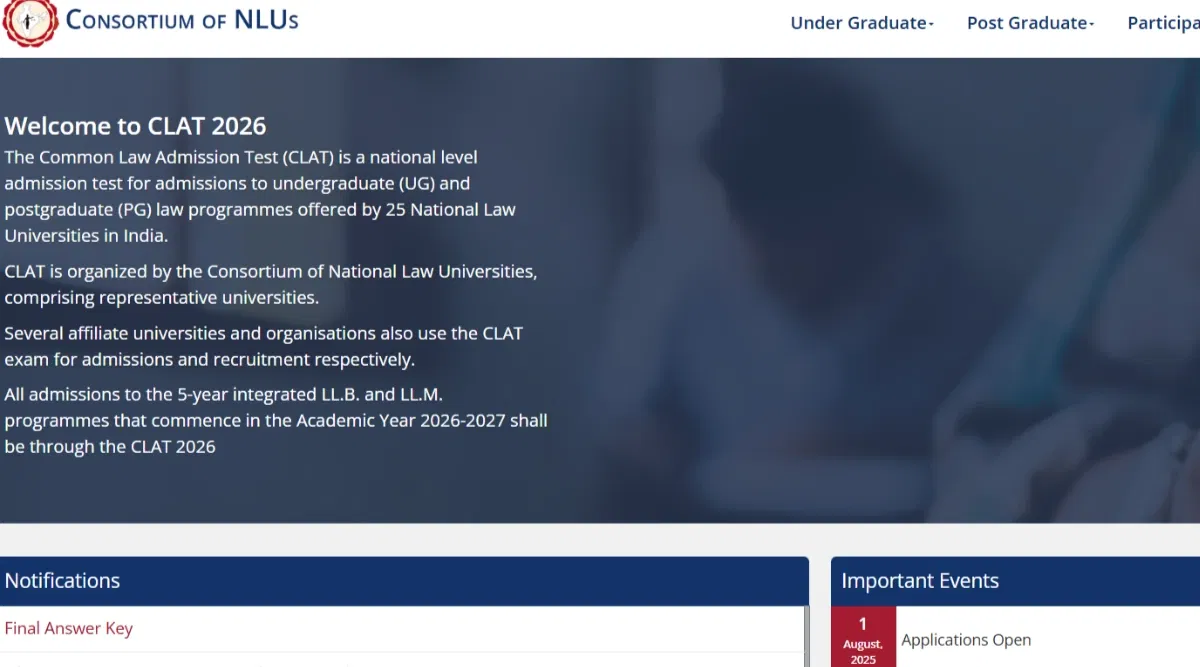Know more about student accommodation in Australia ranging from homestays to self-catered apartments based on the budget and personal needs of international students.
Are you looking for a student accomodation Australia? One of the main concerns for international students willing to study in Australia is to find the right kind of accommodation. There are several student accommodations in Australia for students ranging from homestays to university accommodations to self-catered apartments.
International students can choose the right kind of accommodation in Australia based on their budget and personal needs. One of the advantages is that Australia has comparatively affordable accommodation for students. The cost and availability are some of the important factors while looking for student accommodation in Australia. On-campus accommodation options are popular among international students but are limited in number. Thus off-campus residence options are preferred by many international students.
Table of Contents
- On-Campus Vs Off-Campus Accommodation in Australia
- Types of Accommodation in Australia
- How to Choose the Right Student Accommodation in Australia?
On-Campus Vs Off-Campus Accommodation in Australia
International students coming to Australia for higher education should keep in mind that on-campus housing options are limited as there are not many universities in Australia. There are several residential colleges that offer furnished rooms with good amenities. However, international students generally prefer to stay in off-campus accommodation as it is cheaper than the average university-managed accommodation. The main differences between on-campus and off-campus accommodation in Australia are given below:
|
On-campus Accommodation |
Off-campus Accommodation |
|
|
|
|
|
|
|
|
|
|
Types of Accommodation in Australia
International students coming to Australia are concerned about finding the right accommodation for the duration of their study. Various housing options are available in Australia based on the needs and preferences of the students. Listed below are a few types of student accommodation in Australia for international students:
- Homestays
- On-campus Residence
- Managed Student Apartments
- Private Rentals
- Halls of Residence
- Boarding Schools
- Hostel Accommodation
- Temporary Accommodations
- Free Accommodation as an Au Pair
- Move-in with Someone you Already Know or a Family
Homestays
Homestays are a great option for international students in the first month after arriving in Australia. Several homestay options are available that can be booked through a provider suggested by the respective educational institution. International students can choose to either stay for a short-term or long-term and experience valuable cultural experiences in a local host family. The average cost of a homestay ranges anywhere between AUD $250 and AUD$ 350 per week depending on the meal types, room, and other facilities. Given below are some of the pros and cons of living in homestays in Australia for international students:
Pros:
- Homestays are a cheaper option as compared to other accommodation types and they provide only laundry facilities and meals
- International students can experience the family atmosphere and other comforts that they are used to being at home
Cons:
- Students miss out on various social and cultural opportunities on opting to stay at homestays
- Some students may also find it difficult to adjust to a new family mainly with the house rules and food offered.
On-campus Residence
On-campus residences also called residential colleges are a popular option for international students living on or near the campus. This is also one of the easiest and most convenient accommodation options to stay in Australia. The cost of residential accommodation varies and may cost anywhere between AUD $200 and AUD $750 per week including utilities. Some of the pros and cons of living in residential college apartments are given below:
Pros:
- The residential college accommodation is generally situated near to the college campus. One can either walk to the campus or take a short public transport ride
- These accommodation options provide adequate privacy to the students and also offer them a more independent lifestyle in self-contained living spaces
Cons:
- Students may miss out on the sense of community offered by living on campus
- There could be additional charges incurred such as tutoring, meals, and internet access. Students should organize all these facilities on their own
Managed Student Apartments
Managed student apartments are purpose-built accommodations where the entire block is dedicated to accommodating around 100-400 students. It comes in the form of single or twin rooms with a shared bathroom and kitchen. Certain rooms may also be shared between 4-5 students. The cost of a managed student accommodation varies from apartment to apartment. It costs anywhere between AUD $200 and AUD $500 per week and includes the costs of utilities such as power, gas, water, and internet. Given below are some of the pros and cons of living in managed student apartments for international students:
Pros:
- Managed student apartments have reduced living costs as there are more people to help cover the bills and rent
- Sharing accommodation with other students will help form solid bonds of friendship
Cons:
- One of the primary disadvantages of living in shared accommodation is the lack of privacy. Students are required to share the kitchen, living room, and bathroom that becomes difficult in certain situations
Private Rentals
Private rentals are one of the best accommodation options for international students willing to immerse themselves in the Australian culture. Students can choose to live alone or with friends as per their personal preferences. These types of accommodation are one of the most affordable options to live in Australia. Students should pay rent in advance and also the security payment commonly known as bonds. This is usually the payment of one month’s rent paid up-front. Students are also required to pay bills for gas, water, and electricity separately. The average cost of private rentals ranges between AUD $100 and AUD $500 per week. Listed below are a few pros and cons of choosing private rentals in Australia for international students:
Pros:
- Students can choose to set up residence anywhere they want be it further out in the suburbs or somewhere within the city
- One can experience far more independence in private rentals as compared to other types of accommodation. Students are expected to share cleaning duties, pay bills, and also deal with property managers or landlords that helps them to become self-sufficient and responsible
Cons:
- Sharing living space with other students can get a little difficult as there may be differences in lifestyles between roommates
- Students may have to deal with real estate agents and landlords which may not always be a pleasant experience
- Private rentals may be expensive especially if one decides to live on their own. Additional expenses are incurred such as bills and food
Halls of Residence
Halls of residence are affiliated with or owned by the respective educational institutions. These are located either on-campus or somewhere close by. International students have an option to rent a single bedroom and share facilities such as a kitchen, bathrooms, etc. There are also several Australian universities that provide apartment-style rooms with private kitchens and bathrooms including the utilities like gas, water, and electricity. Free internet is also available for all students. The cost of halls of residence starts from AUD $320 and can come up to AUD $1,000/ month. The pros and cons of living in halls of residence for international students are mentioned below:
Pros:
- International students can experience the comfort of home in halls of residence and can avail of amenities like swimming pools, gyms, and cinema rooms
- One doesn’t have to worry about public transportation or other travel options as halls of residence are located in close proximity to the campus
- Students can meet new people and socialize while living in halls of residence. There are events such as weekly parties, formal balls, or karaoke nights conducted on a regular basis that serves as a ground for socializing and networking
Cons:
- Students are expected to follow specific rules set by the respective university at the halls of residence
- These are expensive accommodation options for international students with the cost varying between institutions. Certain services may also be not included in the costs and will be charged extra
Boarding Schools
Several private secondary schools in Australia offer boarding school facilities to international students including services such as meals, laundry, and cleaning services. The costs for social activities and academic tutoring services after school may also be included in the fees. Students can choose between private or shared rooms that offer a supportive family atmosphere. This accommodation costs around AUD $11,000 to $22,000 per year. Given below are the pros and cons of choosing to stay in boarding schools for international students:
Pros:
- Boarding schools help students to build social connections and form new friendships
- Services such as cleaning, food, and laundry are included in the costs and students may also be able to avail tutoring services and participate in social activities
Cons:
- Students are allowed to occupy only one room and share a bathroom and kitchen with other boarders
- Boarding schools are expensive as compared to other types of accommodation
Hostel Accommodation
Hostel accommodation is a popular option for students who are moving overseas or interstate to study. Students can choose this accommodation for a short-term stay until they find some permanent place to live. The two types of hostel accommodations are backpackers hostels and classic hostels. Backpackers hostels are a home away from home for international students and include higher services like free breakfast, freebies, and free airport pick-up. Classic hostels are known for providing high-standard services in furnished bedrooms with access to a shared kitchen, bathroom, laundry, recreation facilities, and a lounge area. The average cost of hostels in Australia is around AUD $90 to AUD $150 per week. Listed below are some of the pros and cons of opting for hostel accommodation in Australia for international students:
Pros:
- Hostels located near the campus are an advantage that makes it more convenient for students studying in the Central Business District (CBD)
- International students get an opportunity to meet new people in the hostel accommodation
Cons:
- Students may have to pay extra for food and that can be an issue while living on a budget
- The facilities offered in hostels are to be shared with several other students which can be a little difficult for certain students
Temporary Accommodations
Temporary accommodations are the short-term accommodation option that can be used for at least 3 to 4 weeks while looking for permanent housing options and becoming familiar with the new city. International students are advised to arrange for temporary accommodation in advance and check out the property in person after arriving in Australia. Temporary accommodation in Australia costs between AUD 90 - 150 per week. A few pros and cons of living in temporary accommodation in Australia are shown below:
Pros:
- International students may have to sign a short-term lease while renting a temporary accommodation in Australia which offers the flexibility to move out as soon as they find a permanent accommodation
- These accommodations are fully furnished and well-equipped with all basic amenities
Cons:
- Short-term rentals in temporary accommodation are much more expensive than long-term rentals in the same
- The rental lease can be terminated at any time by the property owner that could lead to a stressful situation of finding a new accommodation in a short time
Free Accommodation as an Au Pair
Persons with previous childcare experience can choose to be an au pair, also called nanny, in Australia. Many Australian families require childcare services and offer food and accommodation in return. This option is best for students if the working hours do not clash with the class timings. One may have to put in extra efforts to meet the working hours, but free accommodation is guaranteed at the end of the day. Students on a strict budget can go for this option to be able to study and live in Australia. A few pros and cons of living in Australia as an au pair are shown below:
Pros:
- Students working as an au pair get regular meals, accommodation, and some amount of money in exchange for helping families with childcare
- This is one of the cheapest and best options to live in Australia and students can enhance their CVs with relevant work experience
- International students get to share their culture and experiences with other people and learn more about their culture in exchange.
Cons:
- One of the main cons of working as an au pair is that students are required to adapt to the lifestyle of another family
- One should always prioritize the plans of the family over their own
- Students find it difficult to divide their working hours and free time while living in the same place as their employer
Move-in with Someone you Already Know or a Family
International students already having family and relatives in Australia can plan to stay with them for the duration of their studies. This way, students can build their social connections outside of the university campus and also enjoy an independent life. The host family may have to undergo a few checks, which can also include a police inspection to be able to accommodate the student. Some of the pros and cons of moving in with a known family member in Australia are as follows:
Pros:
- Students moving with family or close friends in Australia can enjoy all the comforts of home like personal space, home-cooked meals, and more
- Living with family or relatives is also relatively cheaper for international students. One can work for much lesser hours and dedicate the remaining time to their studies
- Students have access to their own study space which is otherwise rare to find on-campus or in shared accommodation.
Cons:
- International students may miss out on several on-campus social activities while living with a close relative or family member in Australia. On the other hand, students living on-campus enjoy various activities and form close-knit friendships
- Students may have to follow certain house rules and may face privacy issues while living with close family members
- Commuting to and from college may be a hassle if one stays a bit far from the campus.
How to Choose the Right Student Accommodation in Australia?
Australia offers a wide range of accommodation options for international students ranging from homestays to rentals to hostel accommodation. Both on-campus and off-campus accommodations are preferred by international students based on their needs and budget. Some of the deciding factors while choosing the right accommodation in Australia for international students are shown below:
- The first thing to consider while choosing a student accommodation in Australia is the budget. Students can look for both on-campus and off-campus accommodation options in their budget and also consider applying for financial aid options like relocation scholarships and rent assistance to help them with their budget
- International students should do detailed research while looking for student accommodation in Australia. One should compare the different accommodation options and speak to the respective housing representatives or visit the on-campus accommodations
- Once a particular accommodation option has been selected, the student should weigh up both the advantages and disadvantages of each accommodation based on factors like cost, location, affordability, amenities, etc
- The student should be dedicated while arranging accommodation and submit applications for on-campus accommodations on time. There should be proper management right from bond payment to sharing utilities with friends.























POST YOUR COMMENT